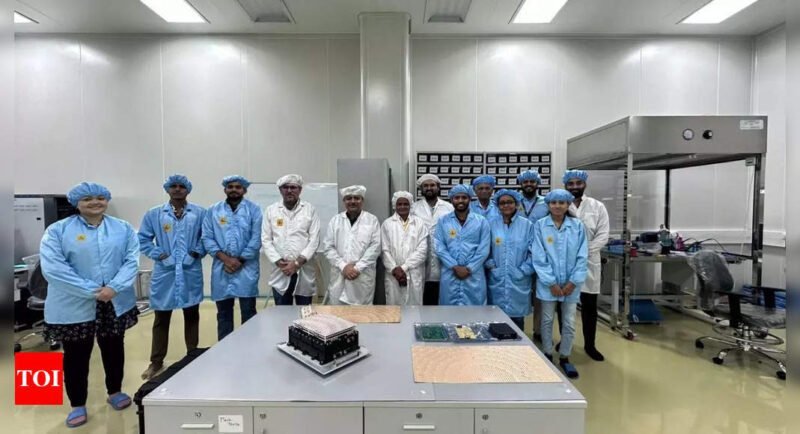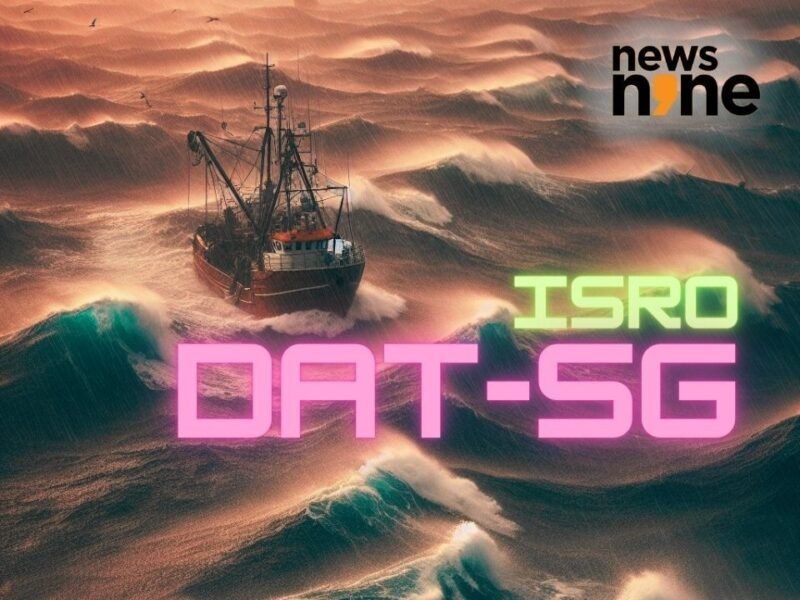PierSight, an Indian spacetech startup, is set to launch its first satellite, Varuna, for maritime surveillance. The satellite, developed in just nine months, will be the first private Synthetic Aperture Radar (SAR) satellite demonstration from India. PierSight aims to establish a comprehensive satellite constellation combining SAR and Automatic Identification System (AIS) capabilities to provide complete ocean coverage with frequent 30-minute revisit times. The firm plans to launch 32 satellites for a dedicated maritime surveillance constellation by 2028, focusing on application-specific optimization to address power and data rate challenges.
Varuna stands out for its ability to maintain surveillance regardless of weather conditions or time of day, as its SAR technology can penetrate cloud cover and darkness for continuous monitoring of maritime activities. The satellite is set to launch as part of the POEM platform on the PSLV-C60 mission, facilitated by space regulator IN-SPACe. The POEM will carry 10 diverse payloads from various non-governmental entities, including payloads from educational institutions like SJC Institute of Technology and MIT World Peace University.
Other payloads on the POEM platform include green propulsion technologies being tested by Mumbai-based Manastu and Bengaluru’s Bellatrix Aerospace, as well as SAR signal processing technology from GalaxEye. Bellatrix will test its ‘RUDRA 1.0 HPGP’ green propulsion payload, while Manastu will test ‘VYOM-2U’ for safer and higher-performing thrusters. GalaxEye aims to demonstrate SAR image processing and compression in a space environment. IN-SPACe has played a crucial role in facilitating these missions by providing comprehensive support and access to testing facilities and technical expertise.









